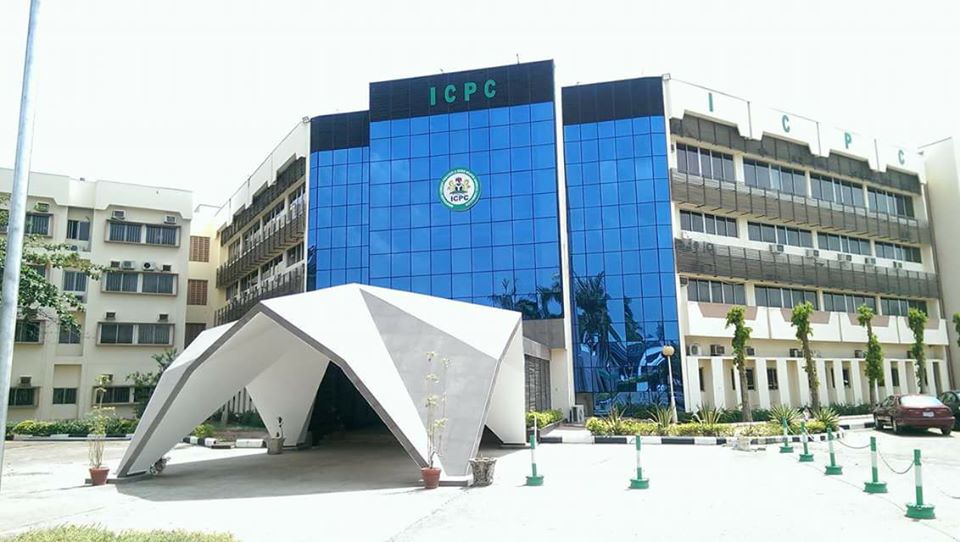The Independent Corrupt Practices and Other Related Offences Commission (ICPC), has advised the media not to be overly interested in reporting only the enforcement mandate of the Commission.
The advice was given by the Spokesperson for ICPC, Mrs. Azuka Ogugua, while speaking during the virtual Africa Business Ethics Conference (ABEC) 2020, organized by the Lagos Chamber of Commerce & Industry (LCCI) in conjunction with a Washington-based organisation, Center for International Private Enterprise (CIPE).
In a panel discussion on “Empowering the media and promoting press freedom to tackle corruption and strengthen accountability in Nigeria” Ogugua pointed out that the media has a good and major role to play in fighting corruption and enthroning good governance.
The spokesperson therefore called on the media to partner with government not just to fight corruption by removing the negative, but also enforce and entrench the positive; enforce behavioral change and positive values.
Ogugua, who also heads the Public Enlightenment Department of ICPC, revealed that the Commission was in partnership with media in the tracking of constituency projects. She further said that ICPC recently held two media roundtables in Abuja and Lagos on the National Ethics and Integrity Policy with the aim of cascading it down to the grassroots.
Another panelist, the Director-General (D-G) of the Nigeria Broadcasting Corporation (NBC), Professor Armstrong Idachaba noted that journalism as a profession is founded on trust, integrity and transparency.
Speaking further, the D-G said that NBC as a regulator is saddled with the responsibility of ensuring that ethical standards are being carefully followed. He concluded by advising journalists to always authenticate information before reporting.
Fisayo Soyombo, an investigative journalist in his contribution to the discussion lamented that the media has been reduced to a mouthpiece in the fight against corruption, noting that they are usually brought in at the tail end when all must have been concluded, just to report.
He therefore advised that investigative journalists should be seen as partners in the fight against corruption rather than journalists fighting the government.


